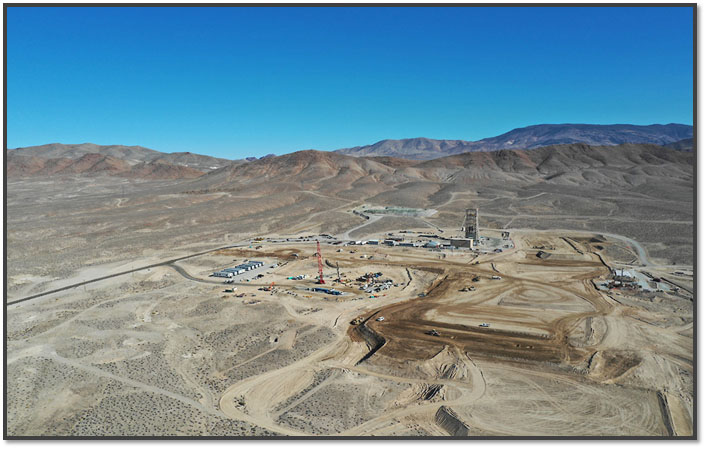
A lack of substitutes means an increased urgency for better management of many of the metals required by the world's growing demand for high-tech products, says a new Yale University study.
"This utilization of materials provides great benefits; faster computer, more dependable vehicles, and higher resolution images, to cite a few," say researchers from the Yale School of Forestry & Environmental Studies. "However, this design approach comes with a challenge: Can robust supplies of all these materials be ensured?"
Yale researchers evaluated how all 62 metals or metalloids on the periodic table of elements are utilized in consumer products and which of those metals could be replaced as reserves dwindle or supplies become unreliable.
"We studied substitution potential for 62 different metals in their major uses," wrote authors T.E. Graedel, E.M. Harper, N.T. Nassar and Barbara K. Reck. "For a dozen different metals, the potential substitutes for their major uses are either inadequate or appear not to exist at all."
"Further, for not one of the 62 metals are exemplary substitutes available for all major uses," they concluded.
The Yale study examined three key dimensions to access the criticality of metals: supply risk, environmental implications, and vulnerability to supply restriction. To investigate substitution in more detail, the researchers determined the major uses for all metals and metalloids in the periodic table. For each of those uses they determined the best performing or primary substitute and how well that substitute performs.
For several widely used metals, such as aluminum and zinc, substitute performance is moderate to good. For other widely used metals (copper, chromium, manganese, and lead) no good substitutes are presently available for their major uses. Other metals with low to very low substitute performance include rhenium, the platinum group metal rhodium, several of the rare earths (lanthanum, europium, dysprosium, thulium, and ytterbium), yttrium, strontium and thallium.
"A further very interesting result is that absolutely none of the 62 metals have substitutes that provide exemplary performance across all its major applications," said the researchers.
"What does this enhanced understanding and metals use say to the 'if we run short, the market will produce a substitute' argument? The first thing to say is that for some materials and for some final products, we know of no suitable substitute," said the research paper published by the journal, Proceedings of the National Academy of Sciences. "In other cases, product performance would suffer markedly under substitution."
"The majority of substitutions are currently in the research and development stage, and market-ready solutions are rarely available," said the report.
"It thus appears that society will need to pay more attention to the acquisition and maintenance of nonrenewable resources than has been the case in the past," the authors concluded. "Growing populations, growing affluence, and the materials diversity of modern technologies are straining the resource capacities on which we draw."
"The situation need not inspire panic, but should instead stimulate more diligent and more comprehensive approaches to the balance between supply and demand across the entire periodic table," they stressed.
Dorothy Kosich
Mineweb



























































